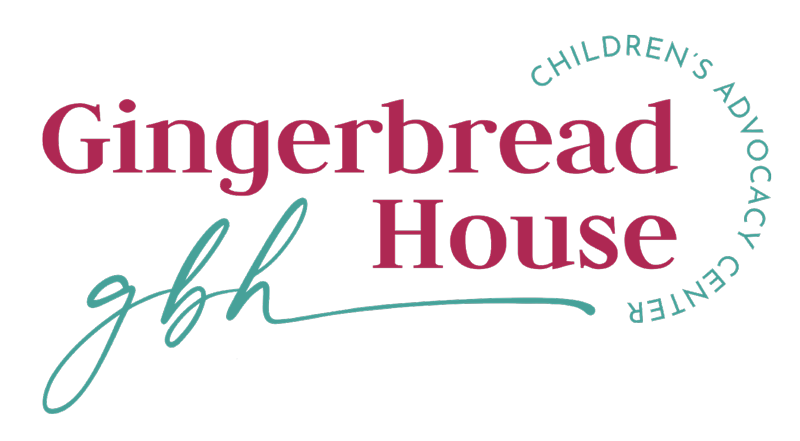- Find a private place to talk.
- Be as calm as possible. If you appear upset or panicked a child may feel he or she is to blame and may be afraid to tell you his or her story.
- Believe the child. We know that children rarely lie about sexual abuse.
- Praise the child for telling you about the experience.
- Support the child's feelings. He or she may be confused; acknowledge the child's feelings. All feelings are valid. Use appropriate touch and words to assure the child that he or she is still loved.
- Reassure the child that it is not his or her fault. Only the perpetrator is to blame. Let the child know that you will do your best to protect him or her, to get help, and give support. If you know the procedure for reporting abuse tell the child in terms he or she can understand.
- Encourage the child to tell you or some other trusted adult if this happens again with the same or another offender.
- Report the abuse to the proper authorities. Contact Child Protection/Office of Community Services in your parish or Law Enforcement in the area in which it is believed to have occurred.
- Do not promise that you will not tell anyone. Parents should get professional help for their child. Teachers and others are mandated by law to report abuse.
- Do not ask the child why he or she did not tell sooner. Children tell when they feel they are able to tell.
- Do not criticize the abuser to the child. Children often still love the offender despite the abuse.
- Do not ask for details of the abuse. Children will share this information when they are ready. Asking for details may be harmful to the professional investigation.
For more information, call the Gingerbread House Children's Advocacy Center at (318) 674-2900 or your local law enforcement agency.

